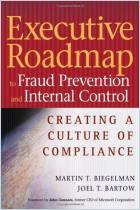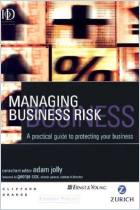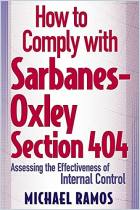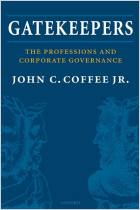
Read or listen offline
Amazon KindleRecommendation
The Sarbanes-Oxley Act is one of the most complex, costly pieces of legislation to emerge from Congress in the past two decades. Author Scott Green considers the legislation itself to be a risk - not merely to managers who might find themselves disgraced or imprisoned for mere mistakes and oversights, but also to the productive forces of American capitalism. His book outlines a process for identifying and managing the kind of risk that might result in violations of Sarbanes-Oxley. His approach is blessedly free from jargon and almost intuitively obvious. Other things about this book make it appealing to a reader who has waded through other analyses of Sarbanes-Oxley and who is concerned about full compliance. First, without oversimplifying, Green presents his prescription in simple, straightforward terms. Second, he does not make an overt sales pitch for his firm’s consulting services. Third, he has apparently not service-marked his favorite terminology, such as "Smart Links." This restraint confirms that he actually has something to say to you, and is not merely trying to drum up business. What he has to say is not stunning or new, nor is it presented in sparkling prose, but getAbstract finds it reasonably useful and well worth a manager’s time to read.
Summary
About the Author
Scott Green, CPA, is the global head of Audit and Compliance for Weil, Gotshal & Manges, one of the world’s largest law firms and a leader in the practice of corporate governance. He has also taught finance and banking at Hofstra University.



















Comment on this summary or Start Discussion